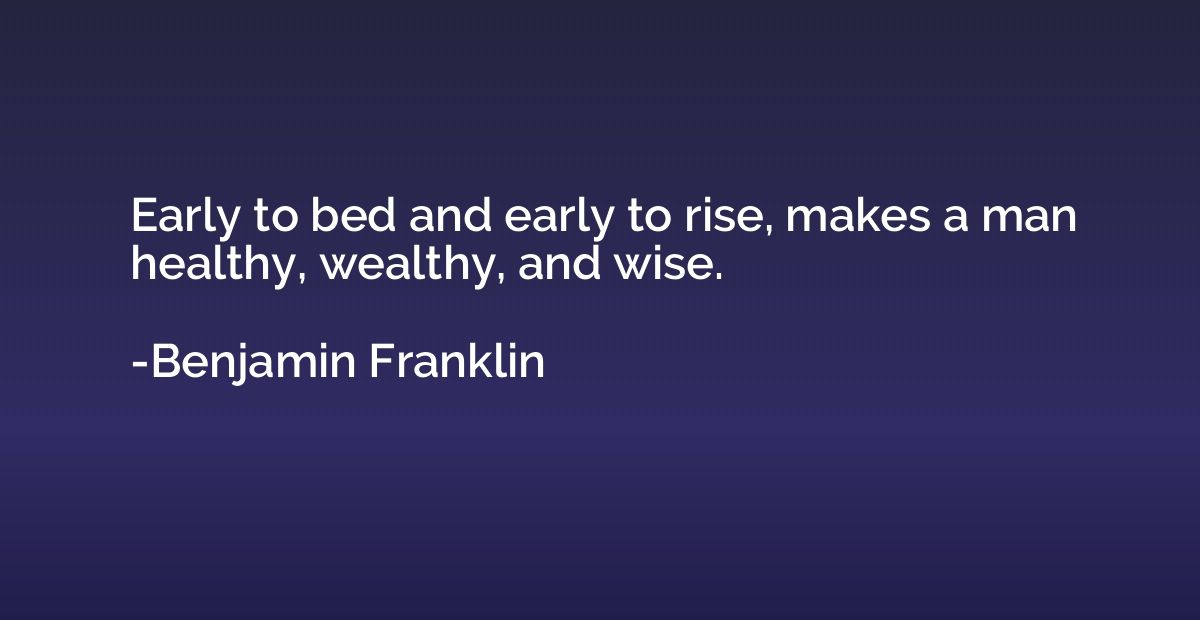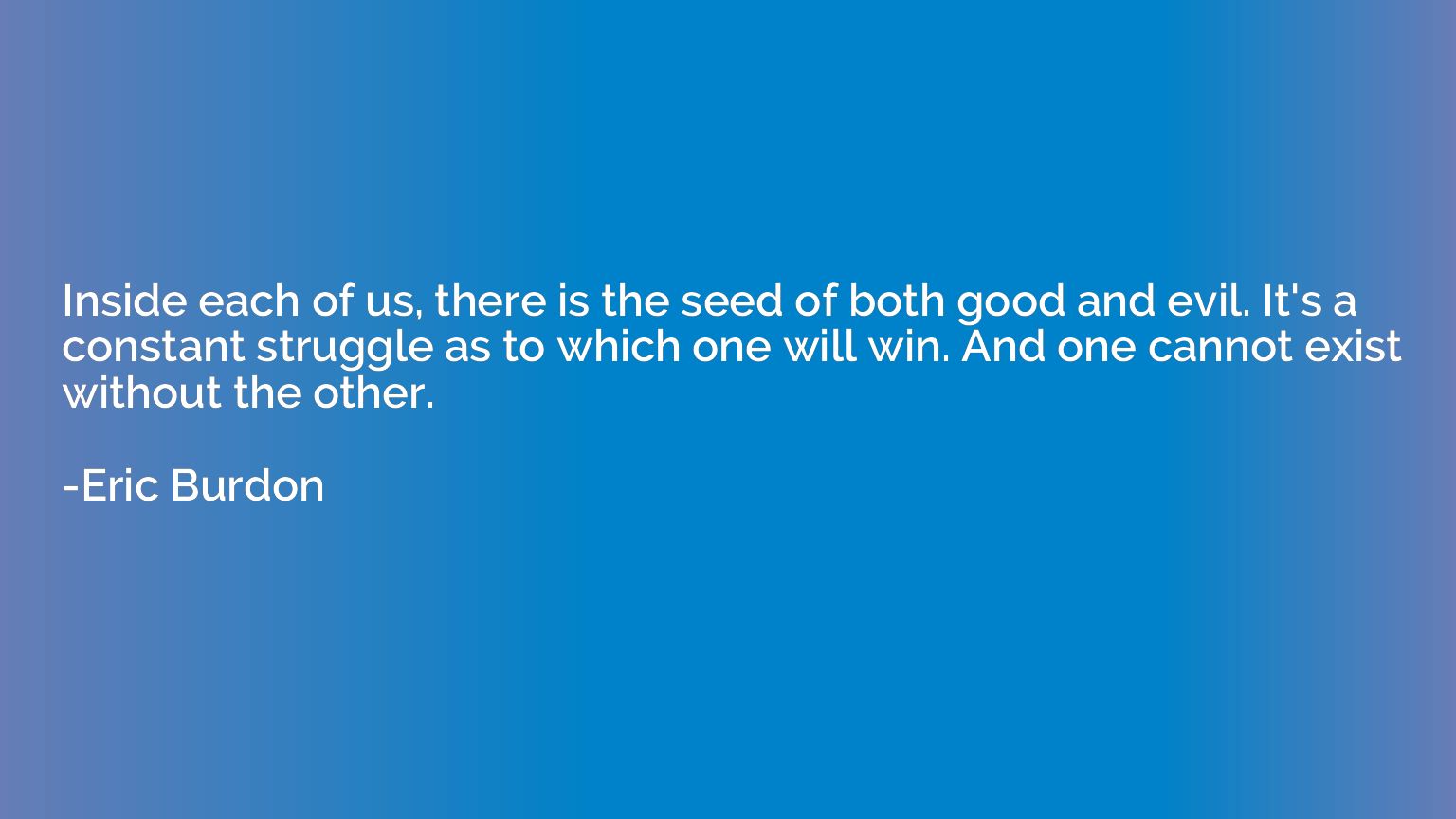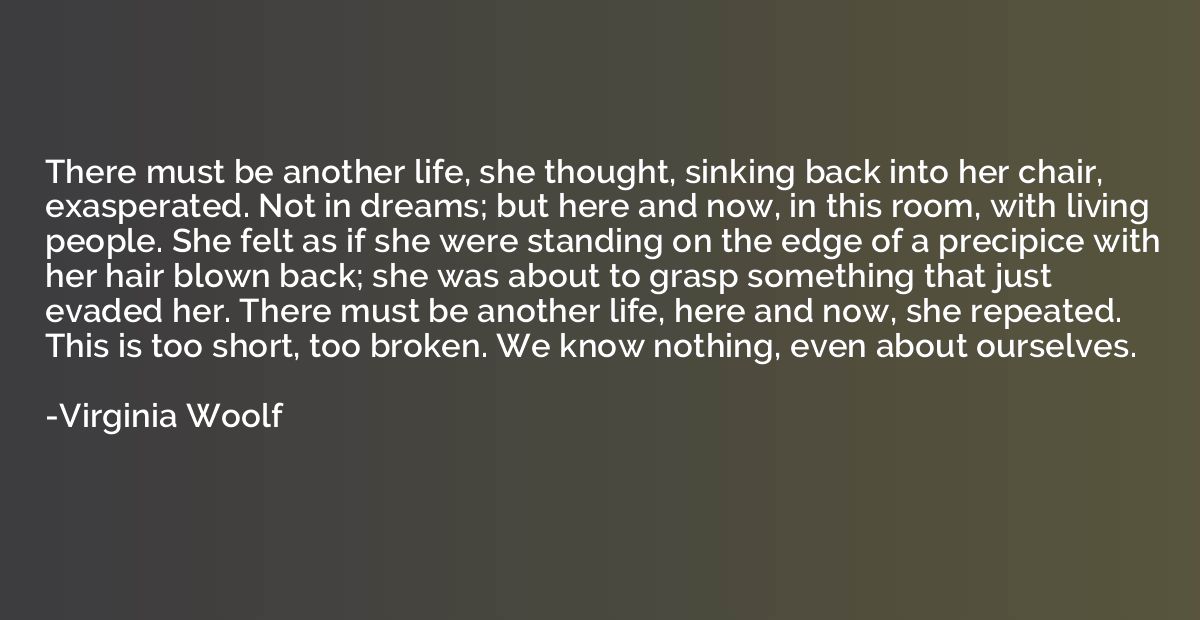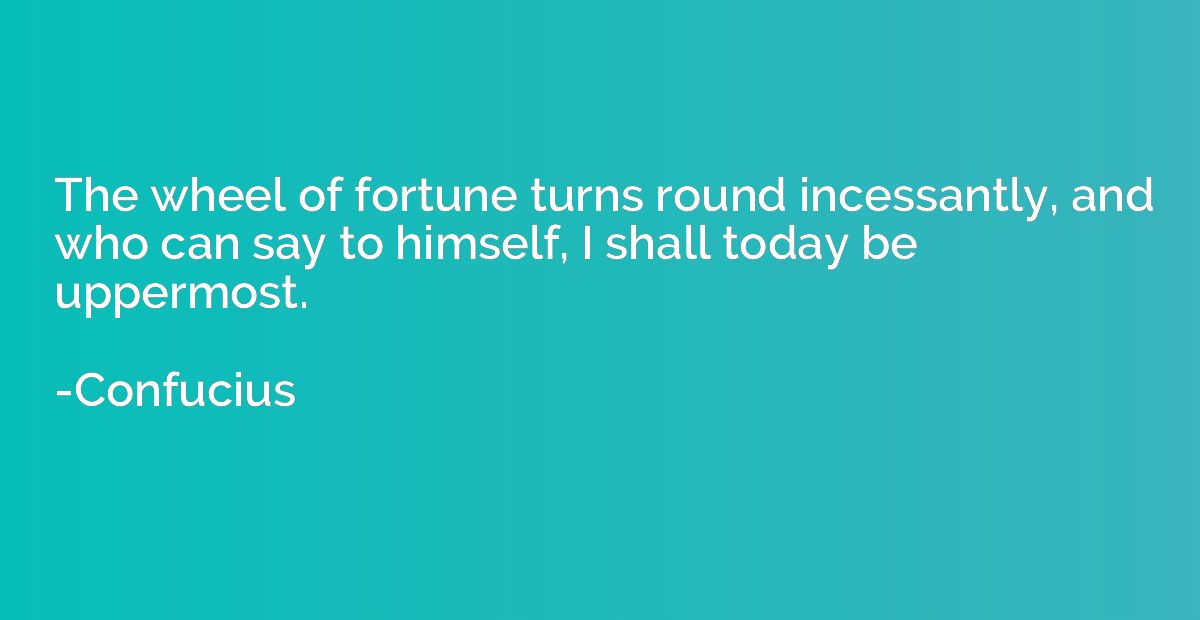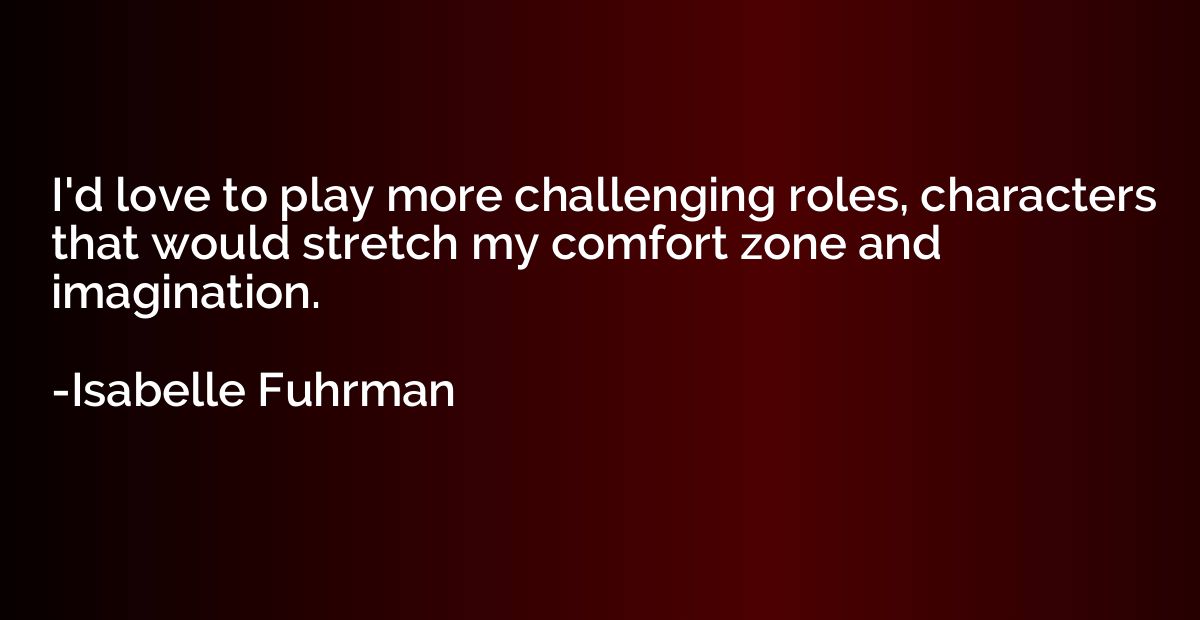Quote by Soren Kierkegaard
I begin with the principle that all men are bores. Surely no one will prove himself so great a bore as to contradict me in this.
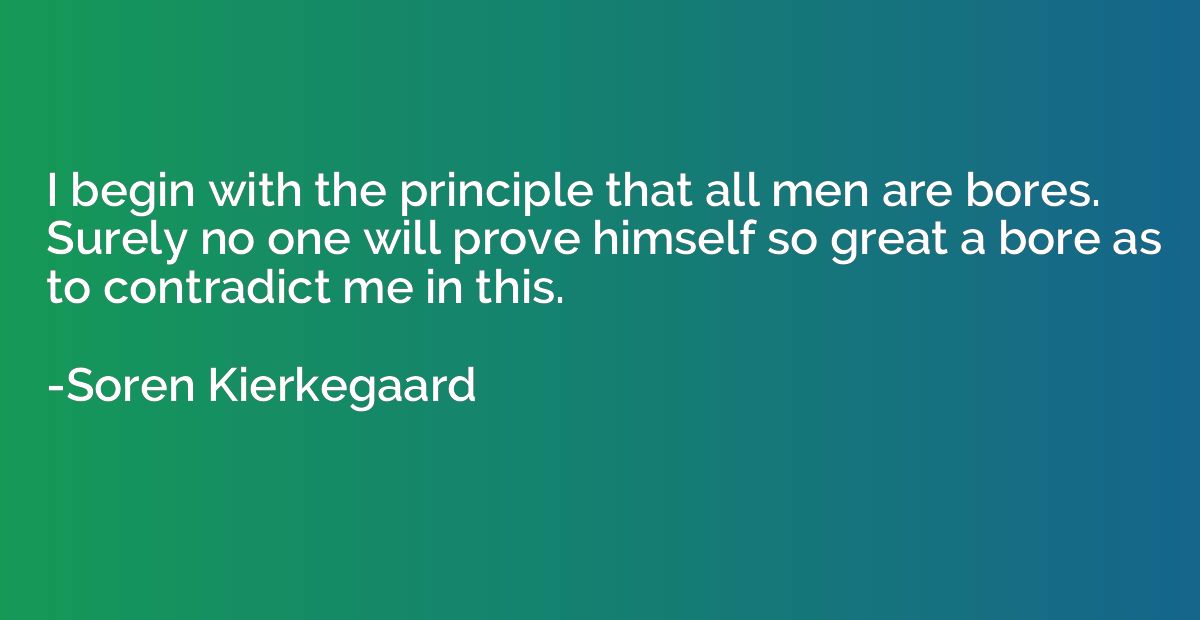
Summary
In this quote, the speaker starts with the assumption that all men are tedious and uninteresting. They express their belief that no one will be so insufferable as to argue against this claim. It conveys a sarcastic and self-assured tone, implying that the speaker believes it to be widely agreed upon that men are generally boring. This quote serves as a playful way to express the speaker's perspective on men's perceived lack of interest.



